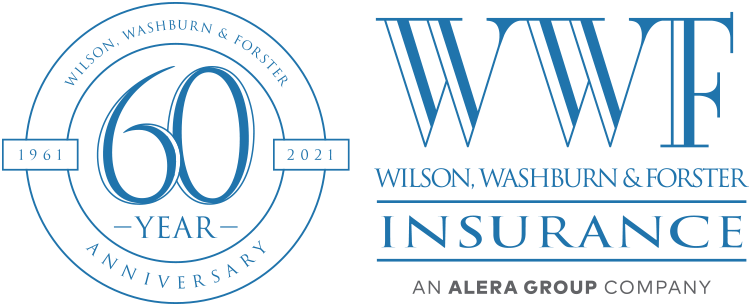When consumers purchase food at the grocery store, they expect it to nourish their families. Unfortunately, food contaminated with bacteria, toxins, or undeclared allergens may send those family members to the hospital. For food manufacturers, food recall liability is a major threat.
Dangerous Food Recalls Have Made Headlines
Food recalls tend to make headlines. Several recent recalls have earned significant attention, including some high-profile recalls due to bacteria in 2023, one of which involved salmonella-tainted cantaloupe. The CDC says the outbreak (which impacted 44 states) is over, as of January 19, 2024. The outbreak resulted in at least six deaths and 158 hospitalizations.
Another recent case was due to lead-tainted cinnamon applesauce and apple cinnamon fruit puree snacks popular with children. According to the CDC, at least 44 states have been impacted and there have been 111 confirmed cases, 320 probable cases, and 37 suspect cases, as of February 23, 2024. The FDA says lead chromate was detected in cinnamon from a manufacturer in Ecuador and that it was most likely added on purpose to boost the value of the cinnamon by increasing its weight and enhancing its color.
Undeclared Allergens Are a Growing Concern
Undeclared allergens are a growing threat. According to the CDC, almost 6% of U.S. adults and children have a food allergy. The FDA says the major food allergens are milk, eggs, fish, crustacean shellfish, tree nuts, peanuts, wheat, and soybeans. Many of these items are common in food manufacturing, which creates a significant risk for cross-contamination.
Proper labelling enables consumers to avoid items they’re allergic to, but incorrect labels may have fatal consequences. According to ABC News, a 25-year-old woman recently died after eating cookies that were not properly labeled as containing peanuts. A statement from the company explained that the supplier switched from using soy nuts to peanuts in the recipe, but the chief safety officer was never notified. The cookies have since been recalled.
Liability Costs Are on the Rise
When a food item poses a potential threat to consumers, food companies face multiple costs:
- Consumers who are harmed may file lawsuits. When multiple consumers are injured, companies may face multiple lawsuits.
- A recall involves outreach, collection, and disposal. These costs add to losses from wasted products.
- Regulatory fines and, in extreme cases, criminal charges are possible. For example, the U.S. Department of Justice says the president of Blue Bell was charged with seven felony counts related to alleged efforts to conceal listeria contamination from consumers.
- Reputational harm may be long lasting. Consumers may choose other brands if they associate your brand with recalls.
Lawsuits may be astronomical. In one case, according to Reuters, several companies have agreed to a $24 million settlement to resolve lawsuits over contaminated pet food. In another, USA Today says a Nevada jury awarded $228.5 million in damages against a bottled water company after its product (allegedly contaminated with a chemical used in rocket fuel) was linked to liver illnesses, including five hospitalizations and one death.
Lawsuit awards and settlements may become even bigger due to social inflation. According to the NAIC, sympathetic juries that consider big businesses as having deep pockets may issue nuclear verdicts – these are often defined as jury verdicts of at least $10 million. Changes in tort reform and the rise of third-party litigation funding have also been linked to social inflation.
Is Your Company Protected?
Strong safety measures prevent dangerous and expensive food product recalls. Insurance provides another layer of protection.
- Do you have insurance coverage for recalls? Product liability insurance provides coverage for lawsuits but does not help with the costs associated with the logistics of conducting a recall. For that, you need product recall insurance.
- Are your limits high enough? A large-scale recall or class-action lawsuit may be expensive.
- Do your contracts address liability and insurance requirements? Contamination can occur at any point in the supply chain.
Founded in 1961, Wilson, Washburn & Forster recently joined Alera Group – the nation’s 14th largest independent insurance agency. As a part of this national firm, we can provide our clients with even more resources, technical expertise, and advice around best practices while maintaining the local service, claims handling, and community commitment that Florida businesses have come to expect.
Contact us today at 786-454-8384 for a complimentary analysis of your risk management program by an insurance specialist in the field.








Leave a Reply